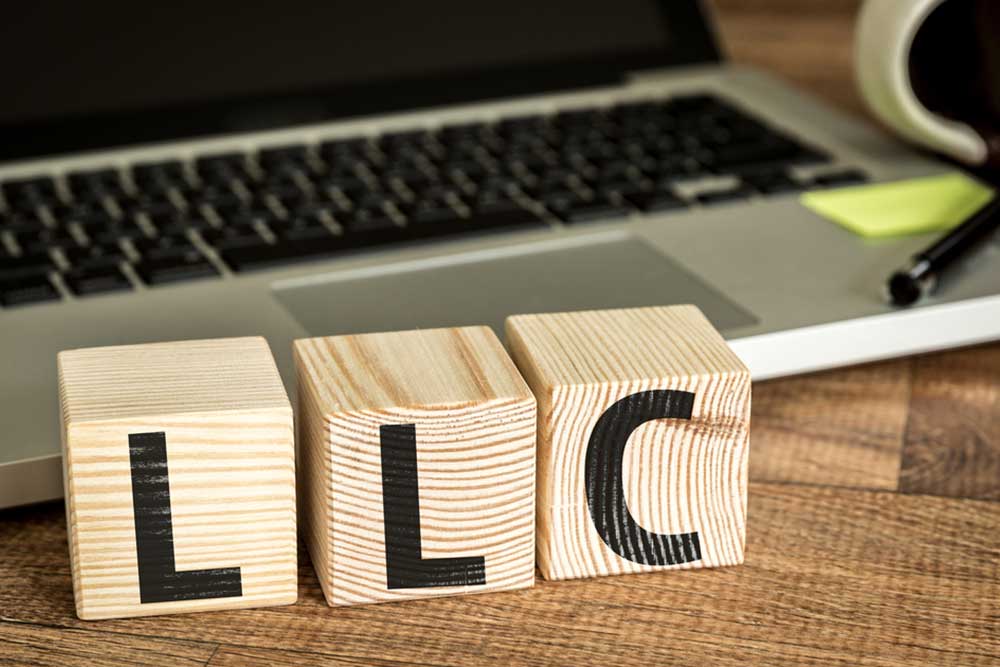Essential Guide to Business Licensing: Types and Application Process
Starting a business requires obtaining various licenses and permits tailored to your industry and location. This guide explains key licenses, the application process, necessary documents, and renewal procedures essential for legal operation and compliance. Understanding these requirements helps entrepreneurs navigate legal complexities and establish a compliant foundation for success.

Essential Guide to Business Licensing: Types and Application Process
Starting a new business involves adhering to legal requirements by obtaining appropriate permits from federal, state, and local agencies. Licensing needs differ based on location, industry, and business model. The key licenses commonly required include:
Operational Authorization
Grants permission to run your business within specific geographic boundaries, guided by local regulations.
Sales Tax Permit
Necessary for sales transactions, this permit allows collection of sales taxes from customers.
Doing Business As (DBA) Registration
Enables operating under a fictitious name, often required at local or state levels.
Zoning and Signage Permits
Physical storefronts may need compliance with zoning laws, signage rules, or fire safety regulations.
Sector-specific Licenses
Industries like healthcare, beauty, electrical work, and childcare often require specialized licenses issued by state agencies.
State Permits and Licenses
Construction, hospitality, retail, and food services typically need approval from state authorities for legal operation.
Federal Regulatory Licenses
Industries such as aviation, mining, firearms, and broadcasting require federal permits from agencies like SBA or others.
Legal business structures like sole proprietorships, LLCs, corporations, and nonprofits influence licensing costs and renewal frequency. Fees start around $50 and scale with business type and jurisdiction. Regular renewals are often required.
To identify necessary licenses, consult:
State's Secretary of State or Revenue Department
Local Small Business Administration resources and online tools—use your zip code for specific info
Legal counsel from a business attorney
Steps to Secure Business Licenses
Once you pinpoint the required licenses, begin the application process, often involving multiple agencies. Many permits can be applied for online. Ensure all documents are correctly submitted with fees paid promptly.
Common documents include:
Business description, location, and ownership info
Legal documents such as incorporation papers
Tax registration proof and certification
List of authorized representatives
Additional industry-specific requirements might include insurance proof, certifications, or financial statements. Processing times vary from days to weeks. Keep licenses current through timely renewal. Consider hiring licensing experts for complex processes to ensure smooth approval.


